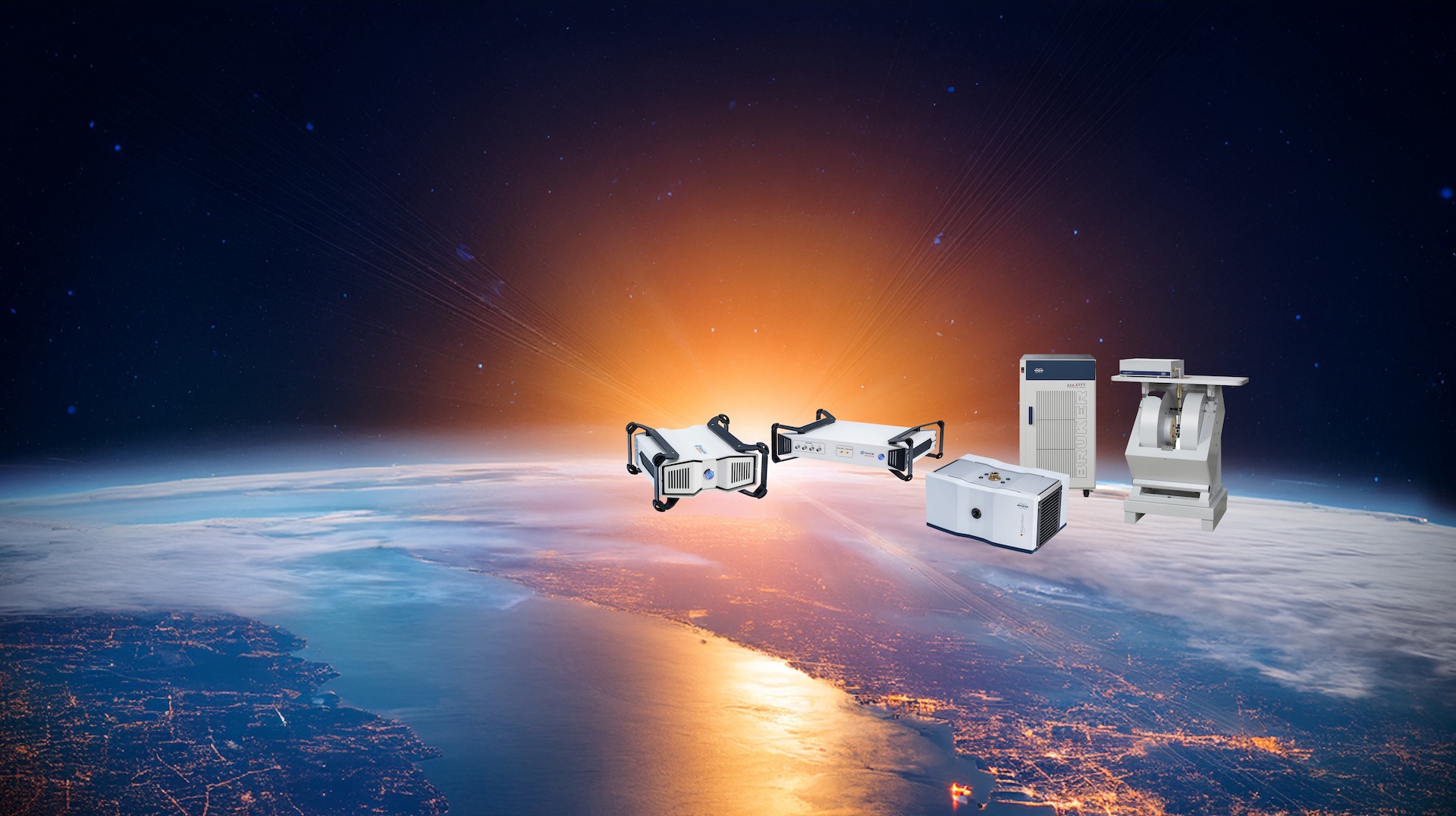Intro
Join our webinar to discover the new Multi-Harmonic Detection (MHD) is an accessory that increases the sensitivity of CW EPR experiments. Learn about its principles, see experimental results, and enjoy a live experiment demonstration. Don't miss this opportunity to elevate your EPR techniques!
Webinar Overview
The Multi-Harmonic Detection (MHD) is an accessory that increases the sensitivity of CW EPR experiments. It is introduced in collaboration with Novilet and comes in two flavors, SD10 and HD100. The SD10 (dedicated for the benchtop Magnettech ESR5000 spectrometer) aims for efficiency, whereas the HD100 strives for perfection. This webinar will cover the technical and practical aspects of the MHD, showcasing its capabilities in detecting multiple harmonics of the modulation frequency, reconstructing the line shape, and improving the signal-to-noise ratio of a weak EPR signal. It will also include a live demonstration on the accessory to present how it works in practice.
Tuesday, 6 May 2025
11:00 AM EST | 05:00 PM CET
Who Should Attend
- Undergraduate and graduate students in chemistry, biochemistry, physics, and related fields
- Early-career researchers and postdoctoral fellows new to EPR spectroscopy
- Professors and instructors teaching EPR spectroscopy or related courses
- Industry professionals, scientists, and engineers in chemical, pharmaceutical, and materials science industries
Speakers
Dr. Yu-Kai Liao
EPR Applications Scientist at Bruker Biospin
Dr. Yu-Kai Liao obtained his M.Sc. degree in Physics from Leipzig University, where he focused on continuous wave EPR studies of flexible metal-organic frameworks (MOFs). Following this, he pursued his Ph.D. at the University of Turin under the guidance of Prof. Mario Chiesa, with co-supervision from Prof. Andreas Pöppl at Leipzig University. His doctoral research centered on using pulsed EPR techniques to investigate the local morphologies of transition metal ions on solid surfaces in heterogeneous catalysis. After completing his Ph.D., he worked as a post-doctoral researcher in Turin where he studied metalloenzymes and qubit systems. In May 2024, he joined Bruker as an EPR Applications Scientist.
Dr. Thilo Hetzke
EPR Applications Scientist at Bruker BioSpin
Thilo Hetzke received his M.Sc. degree in Chemistry in 2015 at the Goethe University Frankfurt. He then started his PhD work in the group of Prof. Thomas Prisner at Frankfurt, which he completed in 2020. In his PhD research, he mainly focused on applications of pulsed dipolar and hyperfine EPR techniques on RNA molecules and Mn2+ complexes. After a short post-doctoral stay in Frankfurt, Thilo joined Bruker in 2021 as an Applications Scientist in EPR.
